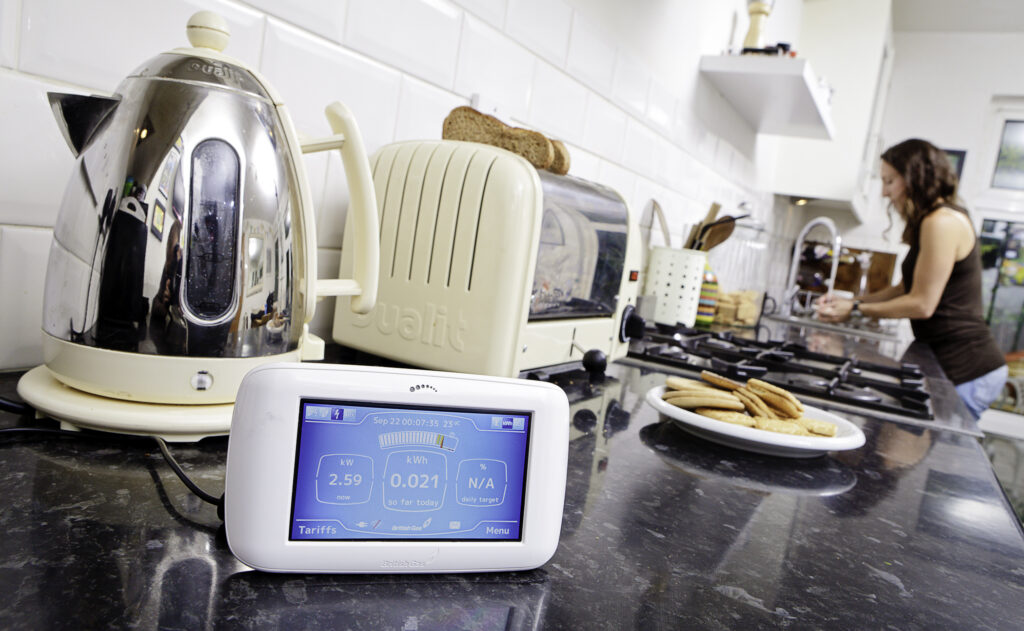The government will publish annual reports on the current and planned roll out of smart meters after the House of Lords expressed concern about a scheme which some Lords said was in “disarray”.
Lord Henley, parliamentary under secretary of state and the Department for Business, Energy and Industrial Strategy’s representative at the House of Lords, committed the department to the annual reports and forward plans after the House of Lords sought to require more formal assessments.
Speaking at the third reading of the Smart Meters Bill in the House of Lords yesterday, Lord Grantchester was particularly scathing of the rollout programme, arguing that it is “to a large extent in disarray” with “enormous confusion and uncertainty” surrounding it in the marketplace.
He championed an amendment to the Bill designed, in his words, to challenge the government to “provide the leadership” required to put the rollout back on track.
“We need technical difficulties to be resolved, solutions to be promoted and accountability to be put into the hands of government to make this infrastructure upgrade the success that it needs to be,” he said.
Lord Grantchester went on to say that government must “galvanise the situation” and be seen to be taking ownership of the issues that have so far befallen a deployment project that would appear someway off schedule.
Although more than 9 million smart meters have been installed in the UK to date, analysis compiled by consumer group Which? In February outlined how energy companies would need to install around 1 million smart meters – equivalent to 24 installs per minute – in order to meet the 2020 target.
The proposed amendment to the Bill, through an added subsection to the new clause, would have forced the government into a review and reassessment of the scheme should fewer than 500,000 SMETS 2 meters be installed by the end of the year.
Baroness Featherstone offered her support for the proposed new clause, saying she was “shocked” at the “seemingly piecemeal way” that the government’s smart plan had evolved, adding: “As a consequence of this approach, I have seen a lack of vision, scale and form, which is why this project has been so poorly executed.”
Responding to those concerns Lord Henley, parliamentary under secretary of state and BEIS’ representative at the House of Lords, said he was convinced the programme would be a success.
He said that he could not accept the proposed amendments, but stressed that the government had several commitments in place. Lord Henley also said that various aspects of the proposals only stood to either duplicate the government’s existing work or would not ultimately work in the best interests of consumers.
Lord Henley has, however, committed the government to publishing forward plans of activity by the end of this year which he said would demonstrate that the government has a clear plan for resolving challenges in delivering the programme.
Meanwhile, the debate came at the same time an open letter written by Jacqui Russell, head of smarter metering and market operations at Ofgem, was published by the regulator which sought to provide an update on the scheme’s progress and plans for the rest of the year.
Within the letter, Russell said that progress in 2017 had been in-line with annual milestones set out by energy suppliers and that there had been “reasonable progress” made in the firmware upgrades necessary to ensure smart meters are operating as required prior to the looming SMETS1 end date.
Ofgem also expects there to be a modest uptick in deployment over the course of 2018, with suppliers migrating to the more effective SMETS2 standard meters, before a significant ramp-up in 2019.
However of most concern to the industry will be the revelation that some small suppliers are yet to comply with the Data Communication Company requirement embedded within the smart meter roll-out programme, which is effectively a breach of their licence agreement.
Ofgem said it was addressing these suppliers directly.





